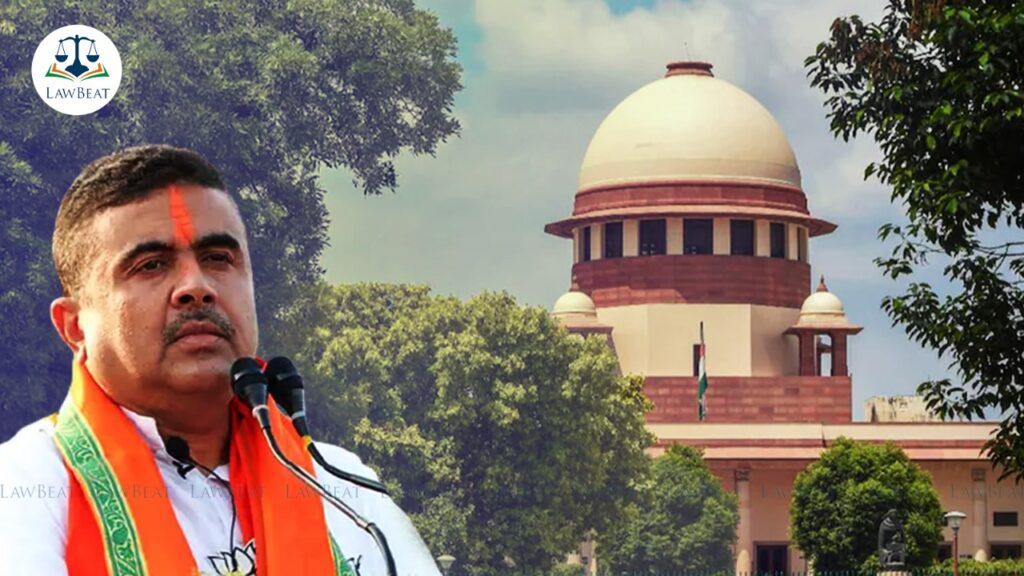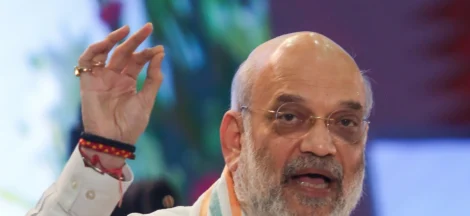BJP leader Suvendu Adhikari has sparked controversy within the party by openly rejecting the long-standing ‘sabka saath, sabka vikas’ policy, famously espoused by Prime Minister Narendra Modi. Adhikari, a prominent figure in West Bengal politics, expressed his views during a recent public address, where he emphasized a shift towards a more localized approach to governance.
The former Trinamool Congress heavyweight, who joined BJP ahead of the 2021 West Bengal Assembly elections, criticized the national party’s strategy as disconnected from ground realities. Adhikari argued that while the ‘sabka saath’ slogan aims at inclusive development, it fails to address the specific needs and aspirations of diverse regional populations effectively.
Adhikari’s remarks have reignited debates within political circles about BJP’s ideological coherence and its adaptation to regional dynamics. His stance reflects growing dissent within the party over the uniform application of national policies across states with distinct socio-economic landscapes.
The controversy comes at a crucial juncture for BJP, which has been striving to expand its footprint beyond its traditional strongholds. Adhikari’s influence in West Bengal, where he continues to wield significant grassroots support, adds weight to his criticisms of the party’s central policies.
Political analysts suggest that Adhikari’s divergence from BJP’s national narrative could resonate differently across various states, influencing local electoral strategies. His assertion of ‘jo hamare saath, hum unke saath’ (those with us, we are with them) as a counter to ‘sabka saath’ underscores a nuanced shift towards more localized and community-specific political messaging.
Critics, however, view Adhikari’s stance as a potential challenge to BJP’s efforts to maintain a cohesive national identity while accommodating regional aspirations. They argue that while flexibility in policy adaptation is essential for electoral success, it should not compromise the party’s core principles of inclusivity and equitable development.
The fallout from Adhikari’s remarks is expected to resonate within BJP, prompting internal discussions on the balance between national cohesion and regional autonomy in policy formulation. The leadership may face pressure to reconcile divergent viewpoints within the party’s ranks ahead of upcoming state elections.
In response to the controversy, BJP’s central leadership has remained cautious, neither endorsing nor rebuking Adhikari’s comments publicly. The party’s silence underscores the delicate balance it seeks to maintain between fostering regional leaders’ autonomy and upholding a unified national agenda.
As the political landscape evolves, Adhikari’s critique serves as a reminder of the complexities inherent in managing a diverse political coalition while striving for electoral success across India’s varied states. His advocacy for a more localized approach challenges BJP to navigate these complexities deftly as it prepares for future electoral battles.
The implications of Adhikari’s divergence from BJP’s ‘sabka saath’ doctrine are likely to unfold gradually, shaping not only the party’s electoral strategies but also the broader contours of Indian politics in the coming months.




 Karnataka Halts Controversial Job Reservation Bill Amid Protests
Karnataka Halts Controversial Job Reservation Bill Amid Protests 